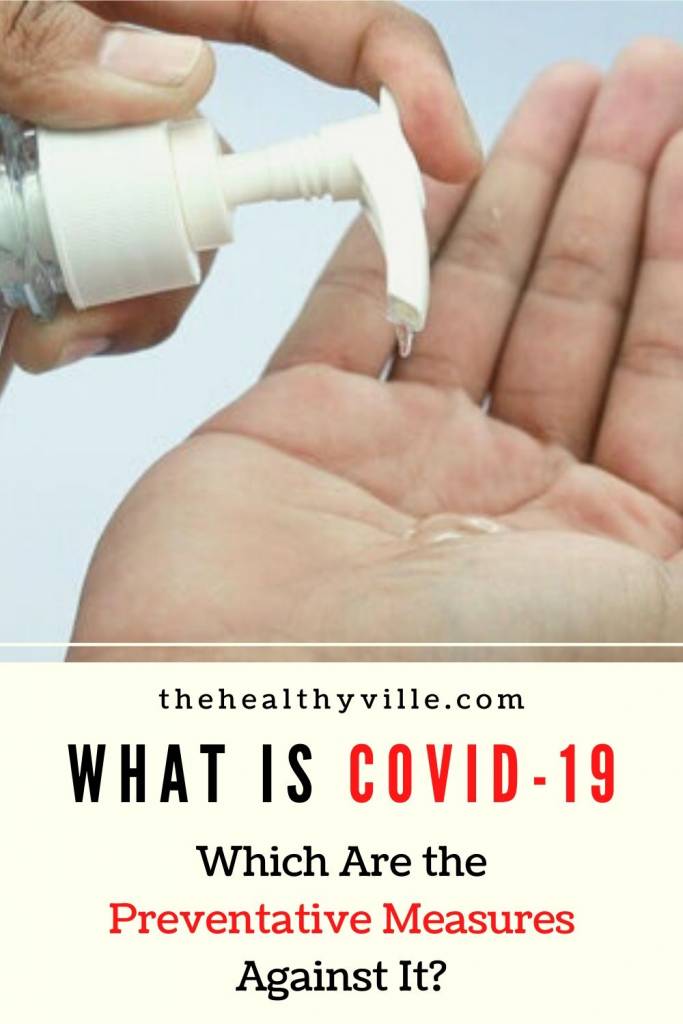What is COVID-19, the deadly virus that has taken the world on a storm? How can we protect ourselves against it? What can we do? Find out all the info!
The most efficient preventive measures against COVID-19 are hand washing and staying away from sources of infection. When in doubt that you are suffering from symptoms, you should consult a professional.
What is COVID-19?
We are witnessing a coronavirus epidemic, COVID-19. Since December 2019, when the first cases were detected in China, the virus has been spreading rapidly and globally.
The population is really afraid by the situation. Not a few are those staying at home for fear of contagion, nor are those who go out into the street wearing masks. COVID-19 has sparked fear and, furthermore, quarantine protocols are already being established in many cities.
However, information about this virus is being misrepresented. It is increasingly difficult to discern between what the myth and what the reality about the virus is. The preventive measures, the incubation time, the form of contagion, everything has been surrounded by false beliefs. So, the question is: what is COVID-19?
COVID-19 is a virus that is transmitted by close contact between people and by respiratory droplets that are produced by coughing or sneezing. In this article we explain the preventive measures to avoid contagion by COVID-19.
First measure against COVID-19: avoid contagion zones
Although the virus is increasingly widespread throughout the world, there are areas with a higher case rate than others. These are the so-called risk areas, where there is a greater probability that you will become infected. For example, we can name northern Italy.
The idea is to stay away from people have it. Although it seems simple, it is not. COVID-19 has an incubation period with an average of 6 days. In addition, the health services are doing their best to carry out the diagnostic test.
This makes it practically inevitable to have contact with people who are unaware of having it. However, the recommendations are to avoid being around people with symptoms, even if they don’t really have the virus.
Also, it would be wise not to go to places where there is a large congregation of people. However, these measures, such as the cancellation of events or work activities, must be prescribed by the health managers of each place.
The first recommendation is to stay away from people who have the symptoms of COVID-19.
Safety distance
Scientists claim that the virus can travel about a meter in distance. Therefore, the recommendations are to stay at least one meter away from other people if you have any symptoms.
Hand washing is one of the most basic preventive measures for any infection. This is especially important after going to the bathroom, sneezing, or coughing. And, logically, if we have been in contact with any patient. Although soap and water is sufficient, disinfectants can also be used.
When we sneeze or cough, it is essential to cover your nose and mouth. Preferably, it you should do it with a disposable tissue. Still, afterwards you must also wash your hands.
Hand washing is necessary as a continuous practice due to the possibility of contagion with COVID-19.
Contact the emergency services
If you have been in contact with someone infected and you start to have symptoms, do not hesitate to contact the emergency services. The alarm symptoms are cough, frequent sneezing, shortness of breath and fever.
However, keep in mind that the alarm is very high today. Health services are beginning to saturate and it is essential to consult only if there is really a doubt that you have it.
There is no special precaution with food handling or animal treatment. However, it is important to stay current about the news of COVID-19, since governments give new measures and recommendations every day.
The best preventive measures against COVID-19
As we explain in this article, the best measures are frequent hand washing and staying away from the hottest areas of infection. If we locate a person with symptoms, such as cough for example, the ideal is to be at a prudent distance; at least a meter.
Do not hesitate to consult if you have suggestive symptoms. Similarly, if you suspect that you may have it, you should impose self-isolation to avoid infecting others.
Don’t forget to SHARE what is COVID-19 with your friends and families on your social media to fight this thing together!

